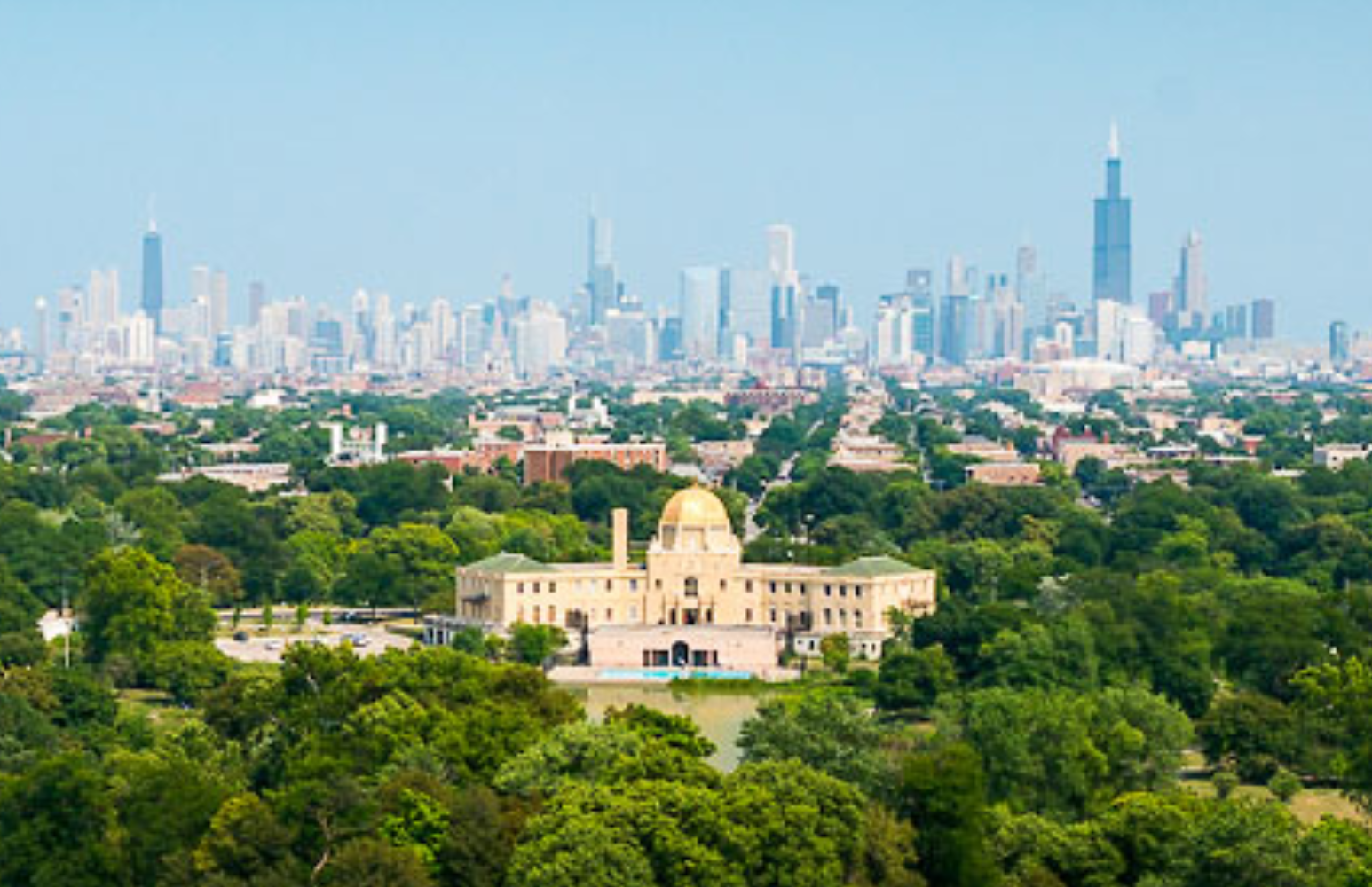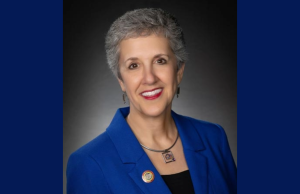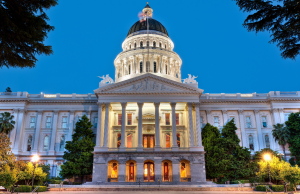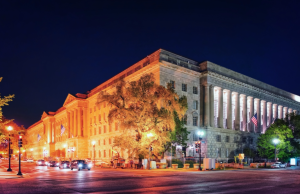The City of Chicago has postponed until April 1 new rules that would require people representing nonprofits to pay fees and register as lobbyists. Under the new rules, which had been slated to take effect Jan. 1, directors, employees and staff of nonprofits who communicated with city officials for advocacy purposes would have been required to register with the Chicago Board of Ethics. Failure to register would have carried a $1,000 per day fine.
Lobbyists currently pay a $350 registration fee, as well as $75 for every client beyond their first. The Board of Ethics might waive the registration fee for those who advocate for one organization.
In mid-December, the Board of Ethics issued a brief statement, which read, in part:
As the City and many non-profit organizations and Chicago and environs continue to work together to respond to the COVID-19 crisis, the delay in implementation of the City’s non-profit lobbying laws until such time as the City and board deem appropriate continues until at least April 1. The Board and Mayor’s Office continue to be working diligently with non-profit organizations and stakeholders to understand and respond to their concerns about this law, and on working toward amendments that increase transparency in Chicago.
The new order means implementing the lobbying rules will have been delayed by 15 months. Since their initial unanimous approval by the City Council in July 2019, they have faced opposition from a variety of nonprofit groups, according to local news station WTTW.
Individuals would have also been required to disclose contributions made to city officials, according to a statement from law firm Quarles & Brady LLP.
Since the initial announcement, the Ethics Board has issued three clarification advisories, including exemptions for grassroots organizations or individuals who approach city officials on behalf of their causes, according to WTTW.
Those attempting to influence the city on their own behalf, submitting an application for a permit or license, responding to a request from the city for a proposal from the public, serving as an attorney in an adversarial proceeding or in certain circumstances not being compensated by the nonprofit would be exempt from the fees, the statement from Quarles & Brady added. Individual researchers and those offering the city technical advice or assistance would similarly be exempted.
But most organizations asking for a grant, an official action or a zoning change or seeking support or opposition to legislation would have needed to register, WTTW reported.
In addition to Chicago nonprofits, the American Civil Liberties Union of Illinois, the Chicago Lawyers’ Committee and the Shriver Center on Poverty Law have opposed the new rules, according to WTTW.










